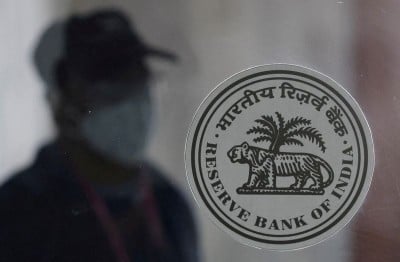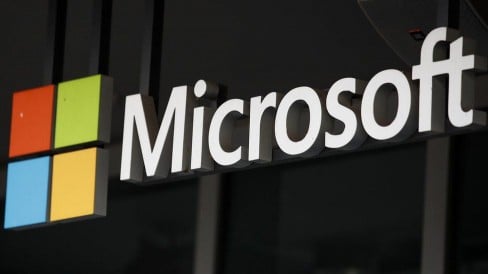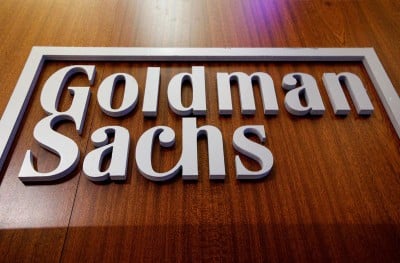 © Reuters. FILE PHOTO: Federal Reserve Bank of San Francisco President Mary Daly poses for a photograph at the Kansas City Federal Reserve Bank's annual Economic Policy Symposium in Jackson Hole, Wyoming, U.S. August 25, 2023. REUTERS/Ann Saphir/File Photo US10Y... -0.19% Add to/Remove from Watchlist Add to Watchlist Add Position
© Reuters. FILE PHOTO: Federal Reserve Bank of San Francisco President Mary Daly poses for a photograph at the Kansas City Federal Reserve Bank's annual Economic Policy Symposium in Jackson Hole, Wyoming, U.S. August 25, 2023. REUTERS/Ann Saphir/File Photo US10Y... -0.19% Add to/Remove from Watchlist Add to Watchlist Add Position Position added successfully to:
+ Add another position Close US2YT=X -0.12% Add to/Remove from Watchlist Add to Watchlist Add Position
Position added successfully to:
+ Add another position Close US5YT=X -0.15% Add to/Remove from Watchlist Add to Watchlist Add Position
Position added successfully to:
+ Add another position Close US30Y... -0.11% Add to/Remove from Watchlist Add to Watchlist Add Position
Position added successfully to:
+ Add another position Close TFI +0.14% Add to/Remove from Watchlist Add to Watchlist Add Position
Position added successfully to:
+ Add another position Close
(Reuters) - With U.S. inflation down from its peak, the risk of raising interest rates too little no longer far outweighs the risk of raising rates too much, San Francisco Federal Reserve President Mary Daly on Tuesday.
"How much can the economy take in terms of rate increases so we can get the policy rate to a level that's reasonable to bring inflation down? And how can we do that without tipping the labor market over?" Daly said at an event in Chicago. She was describing the balancing act the Fed faces after raising the short-term policy rate from near zero to 5.25%-5.5% over a span of about 18 months.
"I would say now the risks of how we balance those things are roughly balanced -- over-tightening versus under-tightening -- but we still have high inflation and the labor market's still strong," she said.
Daly repeated her view that the recent run-up in long-term bond yields could substitute for a further Fed rate hike because the higher yields make it more expensive to borrow and can slow spending and investment.
Treasury yields reversed some of their recent rise on Tuesday as investors bought U.S bonds following the eruption of the Palestinian-Israel conflict over the weekend.
"Right now, geopolitical uncertainty is adding to already some domestic uncertainty" that is making businesses cautious, Daly said, adding that the Fed will monitor what war might do to oil prices or export demand, for instance.
"It's part of a large dashboard of data," she said, to which the Fed needs to be able to respond to with agility.
Fed's Daly: Risks of doing too much vs too little 'roughly balanced'






